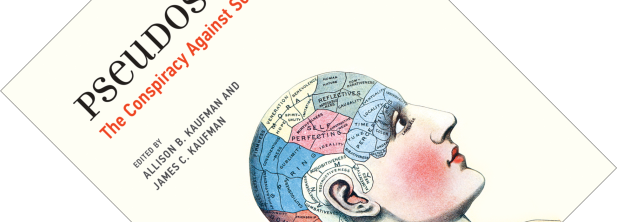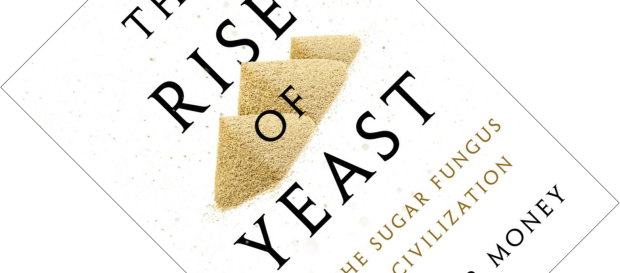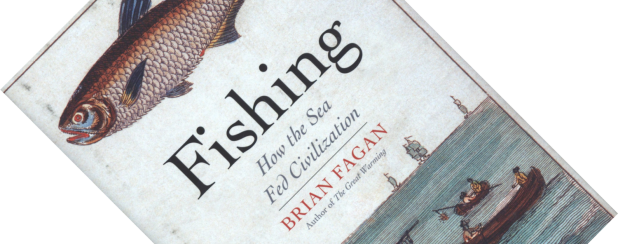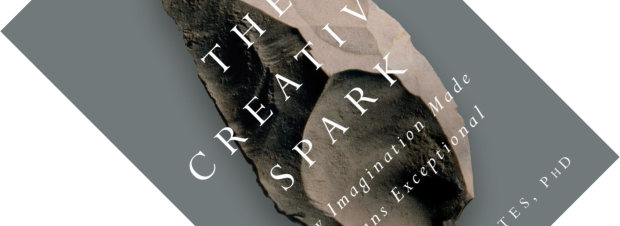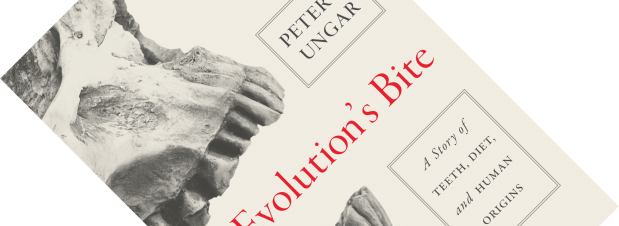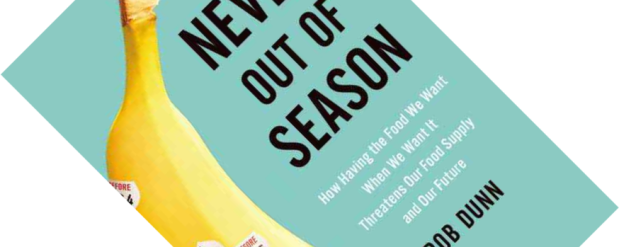Fake news, alternative facts, misinformation. These buzzwords have been making headlines all too regularly in the last few years. Who to trust and how to tell apart well-executed science from bunk has become increasingly challenging amidst the information overload of our internet era. The edited collection Pseudoscience: The Conspiracy Against Science brings together 22 contributions that examine the problem of pseudoscience from a variety of perspectives. The unbelievable things people believe in may be easy to mock, but, as this book makes clear, they are no laughing matter.
food
Book review – Buzz: The Nature and Necessity of Bees
Sure, I have been lectured about the birds and the bees, and yet I learned an awful lot more about the bees from Thor Hanson’s latest work Buzz: The Nature and Necessity of Bees. Hanson has previously written popular works about feathers and seeds, and in Buzz he turns his attention to bees. Already this book has garnered a lot of positive press and was Book of the Week on BBC Radio 4. Most people associate bees with honey and therefore with the honeybee, Apis mellifera, but Hanson specifically wants to talk about all the other thousands of bee species, many of which are as interesting and as important, even though some of them are diminutive and hardly noticed.
Book review – The Rise of Yeast: How the Sugar Fungus Shaped Civilisation
From the Giza-pyramid-complex-shaped mountains of dried yeast, to the visual joke on the spine (I see what you did there), The Rise of Yeast is an amusing read about fungus. In case you find that hard to believe, Nicholas P. Money, mycologist and professor of Botany, has been waxing lyrically about micro-organisms for years. Here, he highlights the humble yeast and how it has shaped human history. For without yeast there would be neither bread nor booze.
Book review – Fishing: How the Sea Fed Civilization
Brian Fagan is a celebrated archaeologist and author who has written many books on the topic of environmental history. Several of these sit on my shelves, though I admit this is the first book by his hand that I have read. With Fishing, Fagan presents a deep history of fishing from the time of our human ancestors up to the present day, highlighting its overlooked role in the history of human civilization. His story spans the globe and pieces together a fragmented and complicated puzzle.
Book review – The Creative Spark: How Imagination Made Humans Exceptional
With his new book, The Creative Spark, Agustín Fuentes, a primatologist and anthropologist currently at the University of Notre Dame in Indiana, boldly puts forth the idea that what makes humans special is creativity. The ability of humans to switch back and forth between considering what is, and dreaming of what might be, and to then put these thoughts into actions (often collaboratively), has brought us a very long way from our primate origins to the tool-wielding, world-shaping force of nature of today. Along the way, Fuentes wants to do away with some of the dominant narratives regarding human evolution today, or rather, he thinks most of them oversimplify things and lead to distortions in our thinking. Instead, he presents a new synthesis that places creativity front and centre stage as being the most important mechanism that helped us overcome challenges.
Book review – All the Boats on the Ocean: How Government Subsidies Led to Global Overfishing
This book presents a historical analysis of overfishing, following up on her 2012 book All the Fish in the Sea: Maximum Sustainable Yield and the Failure of Fisheries Management. Though many reviews have been written on overfishing, and everyone agrees that too many fishing boats have been built, Finley contends that the question is never asked who built these boats in the first place. Her analysis aims to show that government policies, especially during the Cold War (1946-1990), have been responsible, with subsidies for the fishing industry being a proxy to attain other goals. As the opening sentence puts it: fishing has always been about more than just catching fish. The US-side of the story is scrutinised most intensely, though developments in other nations are covered at length.
Book review – Evolution’s Bite: A Story of Teeth, Diet, and Human Origins
“Show me your teeth and I will tell you who you are” Cuvier is reported to have said. That, in short, is the brief of this book. Drawing on a range of disciplines – such as archaeology, palaeoclimatology, materials science, primatology, anthropology and evolutionary biology – this book weaves a compelling narrative of what our teeth, and those of our ancestors, can tell us about our past diets, and how we came to be the species we are today. Why teeth? Because, as Ungar contends, teeth are special.
Book review – Never Out of Season: How Having the Food We Want When We Want it Threatens Our Food Supply and Our Future
Year-round availability of a wide variety of food in our supermarkets has become so commonplace that it is easy to take it for granted. Sure, many of us will have given a passing thought to where our food comes from or questioned whether those organic carrots are really worth the extra pennies. But I am sure I am not alone in having a slightly cynical gut feeling that this amounts to a certain amount of greenwashing: a new sector profiteering from our concern for the environment, promising us we can buy and eat our way to redemption. This isn’t helped by the fact that many proponents of organic agriculture often don’t seem to really know what they are talking about and keep having misconceptions around the issue (Organic agriculture does not use pesticides? Organic produce is healthier?). Plus, most are de-facto opposed to biotechnological sciences and techniques (don’t even get me started on all the opposition to GMOs – make no mistake, I am not saying there is no issue to be had with GMOs, but rarely for the reasons put forward). At least, that, in brief, is my personal opinion on these issues. All this is a long-winded introduction to say: this book made me sit up and pay attention, but for completely different reasons than I have mentioned above.

